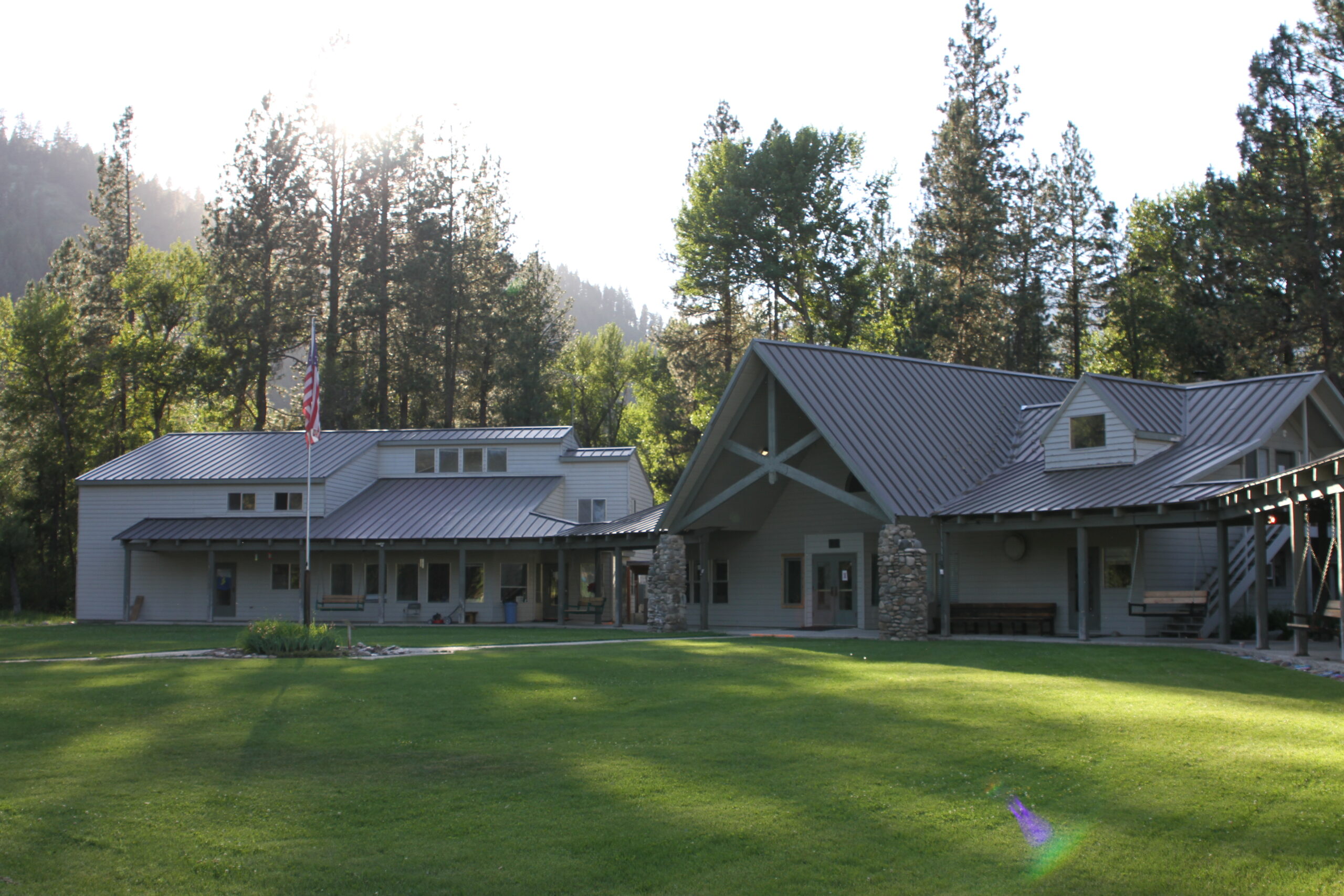When I was in high school all of us guys in my freshman class took a class called, “Independent Living.” The goal of the class was to teach us to cook and sew. I sewed through the tip of my finger while making a jacket. It didn’t hurt, but I needed my friend to turn the knob on the machine while I held my finger down to get the needle out. I also learned, when our cake blew up, that cooking isn’t a team sport.
The idea of helping high school boys be less dependent on mommy for clothing and food is a noble pursuit. However, there are a lot of other skills required to be a great adult. The rub is that some of these skills seem counter to something else we are trying to teach. For years, kids were raised in a “children are supposed to be seen and not heard” context that kept kids participating in a grown-up conversation. Yet, how can a child learn to be a good conversationalist if they aren’t included in conversations?
Things have changed a lot and in many homes, the adults are now the ones that aren’t seen and heard. The kids rule the roost, yet the result is the same. Kids aren’t being taught the things that will make them successful in life.
Getting kids to be “life ready” requires teaching, modeling, and coaching on the part of the parent. Some of it is taught, other parts are caught, and it always takes practice.
We are starting a new series on this blog focused on helping our kids develop skills that will serve them in life. Ironically, many of these skills are now being taught in school simply because kids aren’t learning them at home. I’m all for parents, school, and church working together to teach and reinforce these skills, but the main responsibility still belongs to us parents.
- How to win graciously
- How to lose without being a loser
- How to negotiate
- How to disagree without being obnoxious
- How to make choices
There will be some added as we go. The key is that we won’t assume that these things are natural or inborn traits of us or our kids. These are skills that we learn, practice, and relearn over a lifetime.
So, what is the foundation for preparing your kids to be “life ready”? They need to have a close relationship with you. They need you to be present, available, and engaged in their life. The majority of the kids we work with at Project Patch have been disengaged from one or both parents. They carry an emptiness, longing, and insecurity as their foundation. This fragile foundation doesn’t hold up well under the pressures of life. It definitely won’t support them in relationships with others. So, the key to working with your kids, and when mentoring other kids, is to focus on creating a healthy and supportive relationship. I won’t go into all the details on what that entails, but it does require two elements. First, you need to have that warm and supportive environment that supports good communication and honesty. Second, you need to have boundaries, values, and convictions which create safety and comfort for the kid. You don’t need a perfect relationship, but you do need to focus on making sure the relationship is predictably safe.



You must be logged in to post a comment.